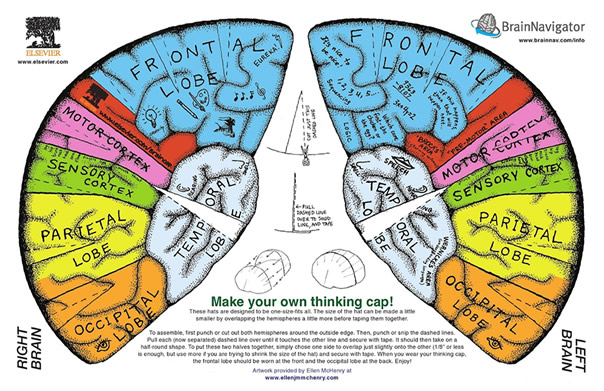
Getting married can have consequences for the health of your heart, years later.
Married adults who undergo heart surgery are more than three times more likely to survive the next three months than single people who have the same surgery, a new study finds.
“That’s a dramatic difference in survival rates for single people, during the most critical post-operative recovery period,” says Ellen Idler, a sociologist at Emory University and lead author of the study. “We found that marriage boosted survival whether the patient was a man or a woman.”
The Journal of Health and Social Behavior is publishing the results, which were co-authored by David Boulifard and Richard Contrada, both from Rutgers University. The study was funded by the National Institute on Aging.
While the most striking difference in outcomes occurred during the first three months, the study showed that the strong protective effect of marriage continues for up to five years following coronary artery bypass surgery. Overall, the hazard of mortality is nearly twice as great for unmarried as it is for married patients about to undergo the surgery.
“The findings underscore the important role of spouses as caregivers during health crises,” Idler says. “And husbands were apparently just as good at caregiving as wives.” [continue reading…]



